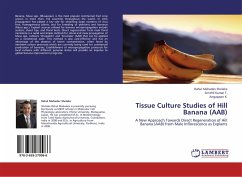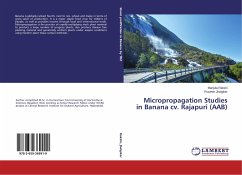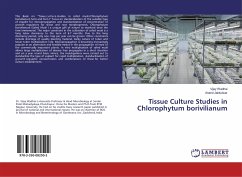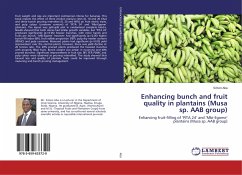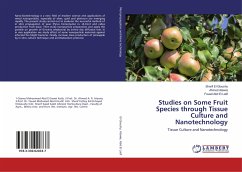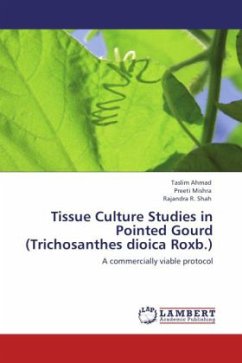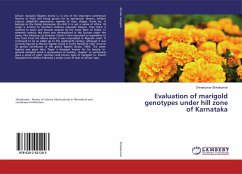Banana, Musa spp. (Musaceae), is the most popular commercial fruit crop grown in more than 132 countries throughout the world. In vitro propagation has played a key role for obtaining large numbers of virus free, homogeneous plants, and for breeding of plantains and bananas (Musa spp.). Explant sources utilized for banana micropropagation include suckers, shoot tips, and floral buds. Direct regeneration from male floral meristems is a rapid and simple method for clonal and mass propagation of Musa spp. cultivars Virupakshi and Sirumalai (AAB) that can be applied on a commercial scale. This method is also cost-effective and has an advantage of the absence of latent contamination, often faced by meristem culture protocols which are currently being used for commercial production of bananas. Establishment of micropropagation protocols for local cultivars with different genome status will provide an impetus to global banana improvement programs.
Bitte wählen Sie Ihr Anliegen aus.
Rechnungen
Retourenschein anfordern
Bestellstatus
Storno

